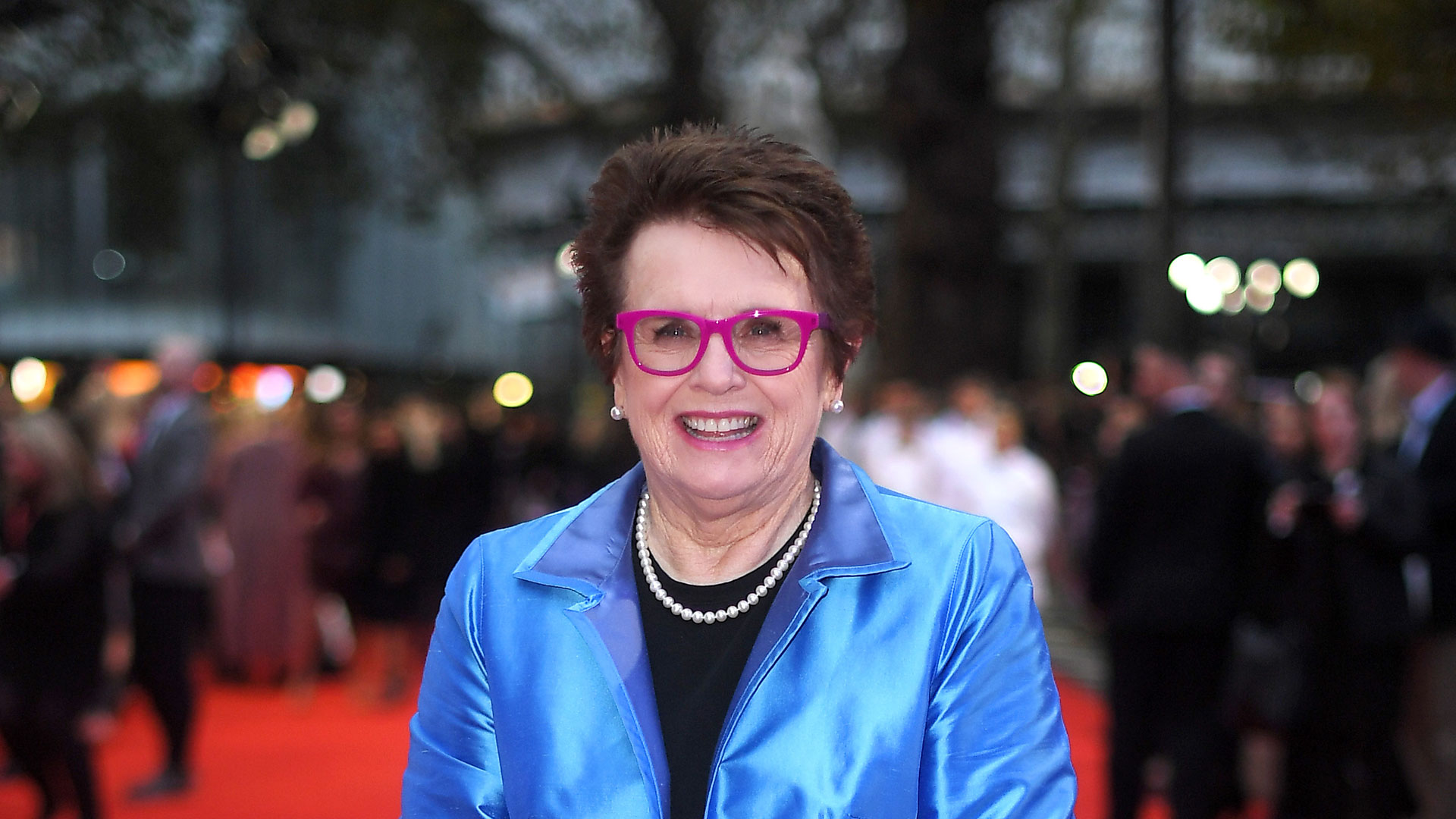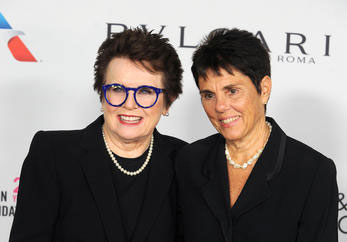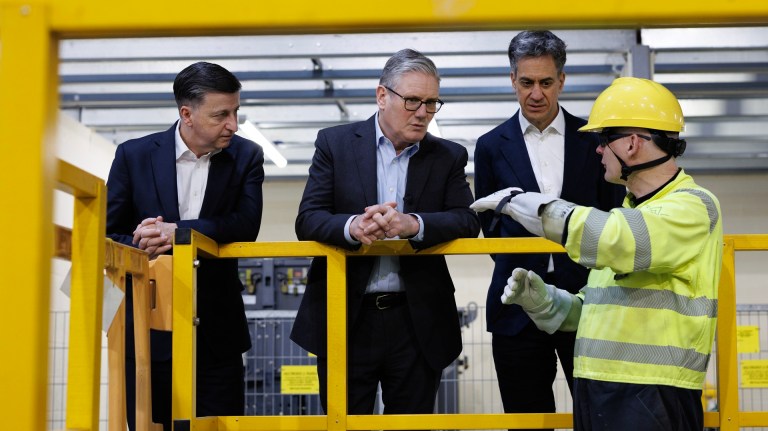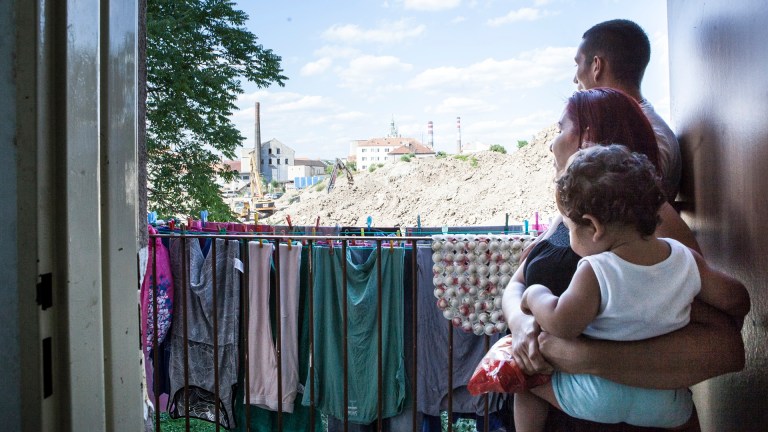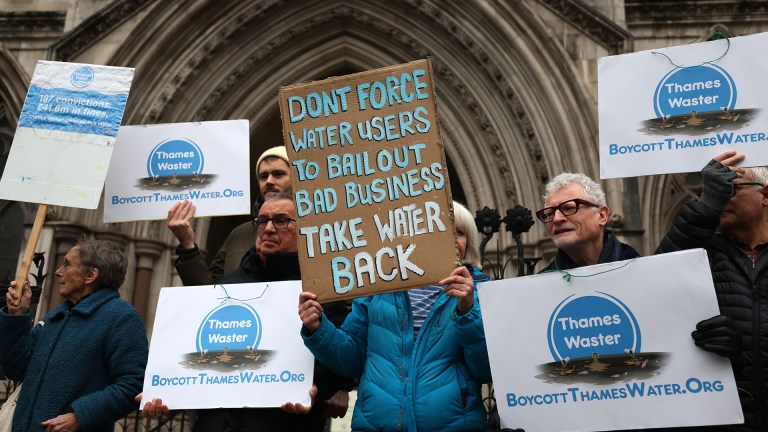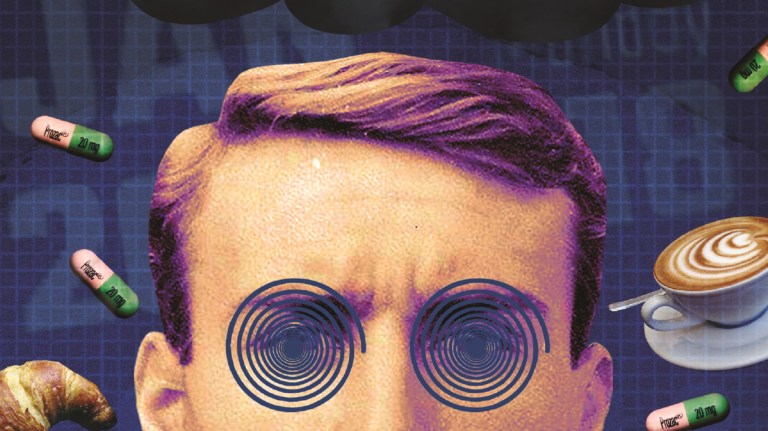I always wanted to change the world. I had an epiphany when I was 12 when I noticed everyone in my sport wore white shoes, white clothes, played with white balls – and that everybody who played was white. I asked myself: “Where is everyone else?” So I made my promise that day that I would fight for the rest of my life for equality for everyone. And I knew I could have an opportunity because of tennis. I didn’t understand the idea of having a platform, but I knew I would have to be No 1 if I was going to really change things.
Professional tennis started in 1968 but we had to fight for equal pay, which is why we created the WTA Tour
I actually loved piano first, but I wasn’t that good. I realised that quickly. But God gave my brother and me very good hand-eye coordination and we could run fast. From the second time I picked up a tennis racket, aged 11, I wanted to be the best in the world. Wimbledon seemed really far away from Southern California. But after I lost to Ann Jones, Harold Guiver offered help to get there. I turned it down. I wasn’t ready. A year later, at 17, I felt I’d earned it and went back to him. There was no money in tennis. You played because you loved it. We were amateurs on $14 a day. Professional tennis started in 1968 but we had to fight for equal pay, which is why we created the WTA Tour.
Because my parents lived through the Depression and my dad fought in World War 2, they taught us to be risk-averse. If you don’t have it, don’t spend it. My mother sat me down when I was 10 and showed me their budget. It was one of the greatest things she ever did because I had no idea that every time I flipped the light switch it was money, or every trip in the car cost petrol money. My dad was a firefighter so money was always tight, but I learned how to manage my finances from my parents and I am so thankful.
I would have loved to march with Martin Luther King Jr but I was hitting tennis balls all the time. When he gave the I Have a Dream speech in 1963, I was 19 and it was huge. Then JFK was assassinated on my 20th birthday, then King was assassinated, and then RFK. All of those people were killed in the 1960s and I loved every one of them. I would have done more if I had the chance – or if I had the courage. I became politicised because I noticed things. When we were trying to change tennis, I got really into it. I tried to help Title IX, which was a huge piece of equality legislation in the US, get passed. By the late 1960s I was figuring things out and had the opportunity to help, but I was still hitting tennis balls. Hopefully each hit of the tennis ball helped amplify my voice a little, but I felt guilty. I wanted to go beyond that. I wanted to change things.
I imagine the people who sell The Big Issue are constantly having to adapt every day to make it
I don’t think about tennis much. But my younger self would have been most proud of winning Wimbledon and being No 1 in the world more than once. I actually loved doubles more than singles because I grew up in team sports. My younger brother played professional baseball. We loved pressure and thrived on it. I always say pressure is a privilege and champions adjust. And I mean champions in life, not just athletes. I imagine the people who sell The Big Issue are constantly having to adapt every day to make it.
Being a leader can be very lonely. There was real solidarity among the nine of us who set up the WTA Tour, but we were ostracised by our fellow players. That was a rough time. It was not fun. I imagined what would happen if I lost against Bobby Riggs [in the Battle of the Sexes] every day. He’d followed me around for two years. I always turned him down, but as soon as Margaret Court played him and lost, I knew what I had to do. I knew it would be huge. I knew it would get crazy. It didn’t matter where you went, this game was talk of the town. And I knew how important it was that I win.
